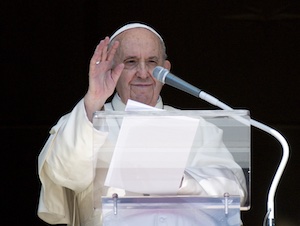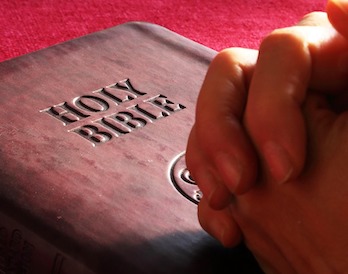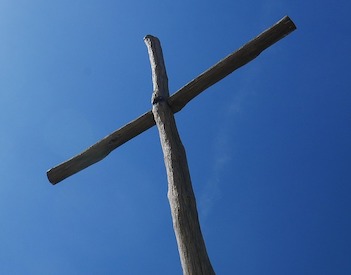Pope Francis this week launched a two-year consultation on Catholic Church reform – a two-year process to consult every Catholic parish around the world on the future direction of the Church.
The two-year worldwide consultative process could change the way the Roman Catholic Church makes decisions and leave its mark long after Pope Francis’ pontificate is over.
Some Catholics hope it will lead to change on issues such as women’s ordination, married priests etc. Others fear it will undermine the principles of the Church.
At a Mass in St Peter’s Basilica, Pope Francis said Catholics should have an open mind about the process.
“Are we prepared for the adventure of this journey? Or are we fearful of the unknown, preferring to take refuge in the usual excuses: ‘It’s useless’ or ‘We’ve always done it this way'”? he said in his homily.
In the first stage, Catholics in parishes and dioceses around the world will discuss issues such as whether the Church listens enough to young people, women, minorities, and those on the margins of society.
They also will discuss how to identify stereotypes and prejudices in their local communities and what type of Church they think God wants in today’s world.
Proponents see the initiative called “For a Synodal Church: Communion, Participation and Mission” as an opportunity to change the Church’s power dynamics and give a greater voice to lay Catholics, including women, and people on the margins of society.
Conservatives say the three-stage process is a waste of time, may erode the hierarchical structure of the 1.3 billion member Church and in the long run could dilute traditional doctrine.
“Let us not soundproof our hearts; let us not remain barricaded in our certainties. Let us listen to one another,” the pope said at the Mass attended by about 3,000 people.
The consultation process, called “For a Synodal Church: Communion, Participation and Mission”, will work in three stages:
- In the “listening phase”, people in parishes and dioceses will be able to discuss a wide range of issues. Pope Francis said it was important to hear from those who were often on the fringes of local Church life such as women, pastoral workers and members of consultative bodies
- The “continental phase” will see bishops gather to discuss and formalise their findings.
- The “universal phase” will see a month-long gathering of the bishops a the Vatican in October 2023
The Pope is expected then to write an apostolic exhortation, giving his views and decisions on the issues discussed.
In his homily on Sunday, he said synodality, which comes from the Greek and means roughly walking together on a common path, could not become “a Church convention, a study group, a political congress or a parliament, but rather a grace-filled event, a process of healing guided by the Holy Spirit.”
(With inputs from SBS News; Picture Courtesy: AAP)













